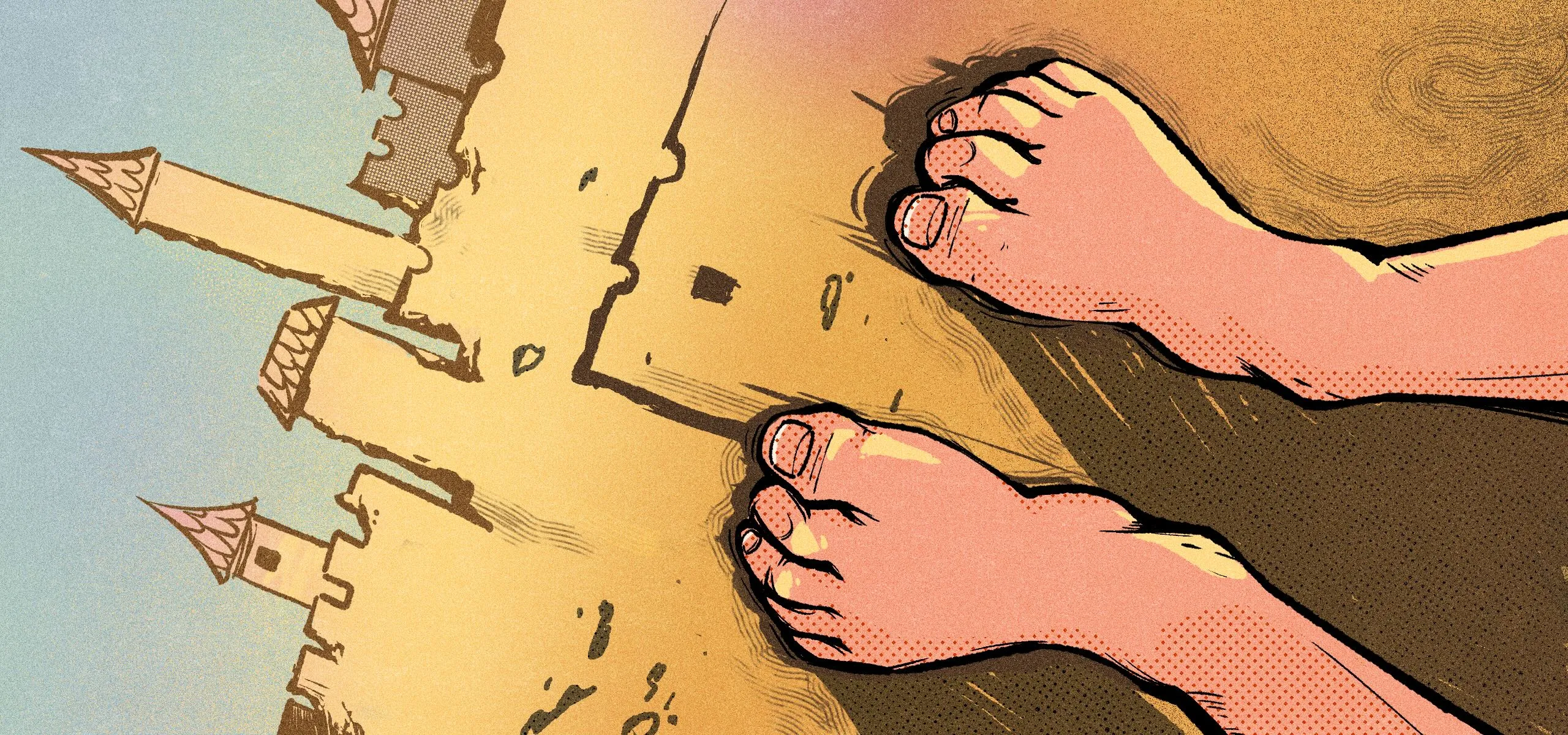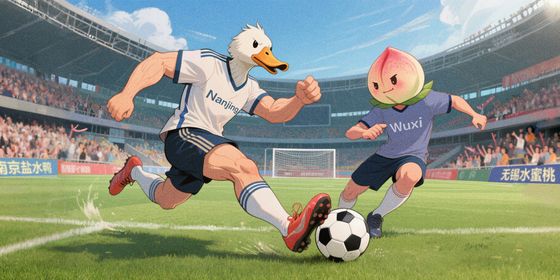A guide to expressing embarrassment like a Chinese netizen
China’s netizens are embarrassed. So embarrassed they’ve come up with new slang to express it. Some are so mortified they want to “find a crack in the ground to crawl into (尴尬到想钻地缝 gāngà dào xiǎng zuān dìfèng).” Others are “so embarrassed that their toes dig into the ground (尴尬到脚趾抠地 gāngà dào jiǎozhǐ kōu dì).”
From accidentally sending personal messages to work supervisors to being forced to perform in front of elderly relatives at a family gathering, no matter what Chinese netizens feel uncomfortable about, there’s a phrase to describe the depths of their despair.
Netizens’ embarrassment has gradually escalated recently. First, they felt, “so embarrassed that I could dig a three-bedroom flat with my curled toes (尴尬到脚趾抠出三室一厅 gāngà dào jiǎozhǐ kōuchū sān shì yì tīng)”; later their “clenched toes could pierce through the Earth (抠到挖穿地球 kōudào wāchuān dìqiú).”
Public marriage proposals, in particular, have been deemed so horrifying that some joked that “if you wait long enough in silence as the crowd looks on, your partner’s curled toes will dig out your dream home (先别急着吭声,等他一个人在人群中尴尬到脚趾抠出三室一厅,户型满意再答应 xiān bié jízhe kēngshēng, děng tā yí gè rén zài rénqún zhōng gāngà dào jiǎozhǐ kōuchū sān shì yì tīng, hùxíng mǎnyì zài dāying).”
Before “curled toes” became popular slang, netizens also coined phrases like “embarrassed to the point of suffocation (尴尬到窒息 gāngà dào zhìxī)” and “so embarrassed that the air around me froze (尴尬到空气突然凝固 gāngà dào kōngqì tūrán nínggù).”
Most of these embarrassed netizens suffer “social anxiety (社恐 shèkǒng).” They are almost exclusively “I人 (I rén)”—introverts, as determined by the Myers-Briggs Type Indicator (MBTI) test that recently went viral in China.
But these loners are becoming addicted to consuming embarrassing content online, and “after surfing the net so long, my embarrassment threshold is becoming lower and lower (网上冲浪多了,感觉自己尬点越来越低 wǎngshang chōnglàng duō le, gǎnjué zìjǐ gàdiǎn yuè lái yuè dī),” they write.
Others simply grind their way through embarrassing scenarios, putting on “an awkward yet polite smile (尴尬又不失礼貌的微笑 gāngà yòu bù shī lǐmào de wēixiào).” The goal is to preserve the facade of calm: “Even if I’ve already dug out the East African Rift with my toes, I remain composed, facing life’s embarrassments with a cheerful smile (即使我脚下已经挖出一条东非大裂谷,表面上我依然波澜不惊,笑嘻嘻面对尴尬人生 Jíshǐ wǒ jiǎo xià yǐjīng wāchū yì tiáo Dōngfēi Dàliègǔ, biǎomiàn shang wǒ yīrán bōlán bùjīng, xiàoxīxī miànduì gāngà rénshēng).”
After all, as Chinese netizens have long preached: “As long as I’m not embarrassed, someone else will be (只要我不尴尬,尴尬的就是别人 Zhǐyào wǒ bù gāngà, gāngà de jiùshì biérén).”












